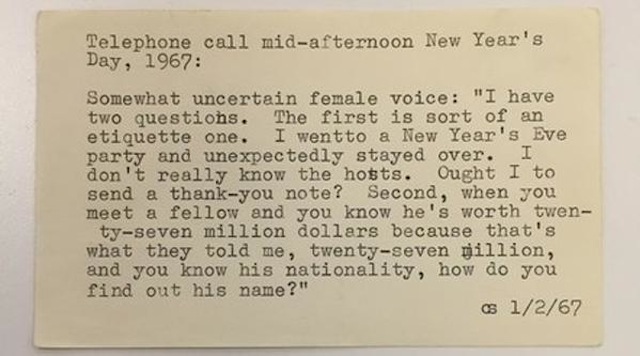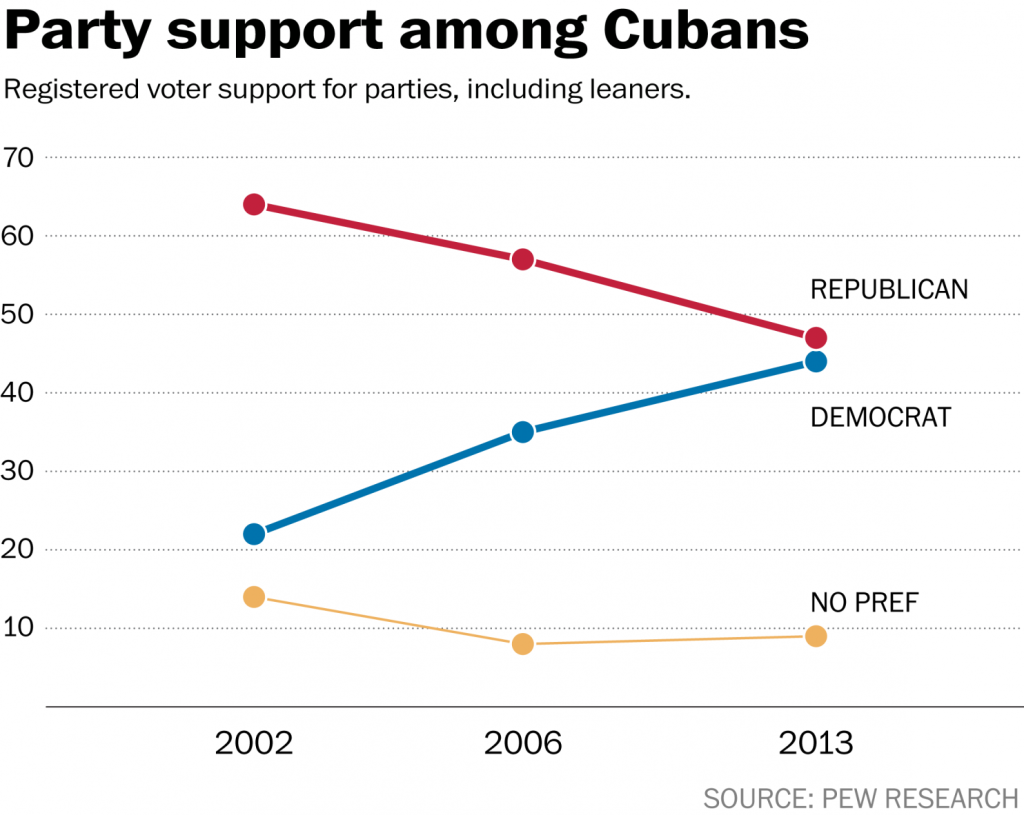When OPEC announced on Thanksgiving Day that it would maintain oil production at 30 million barrels per day, a volume above the world’s current supply/demand equilibrium, the global price of oil dropped precipitously. Today, you can pay more for a gallon of milk than a gallon of gas.
After the meetings ended, the Saudi oil minister was smiling victoriously, while representatives of several other OPEC nations were steaming. That group included Venezuela, Algeria, and Iran. From Reuters:
Saudi Arabia’s oil minister told fellow OPEC members they must combat the US shale oil boom, arguing against cutting crude output in order to depress prices and undermine the profitability of North American producers. Ali al-Naimi won the argument at Thursday’s meeting, against the wishes of ministers from OPEC’s poorer members such as Venezuela, Iran and Algeria which had wanted to cut production to reverse a rapid fall in oil prices.
The question before the house is who gets hurt by lower priced oil?
• Iran, Venezuela, Algeria, Mexico, Iraq, Nigeria, and Ecuador have built their domestic budgets based on oil prices that exceed $100/barrel of oil. But, yesterday’s price was $70.54. Venezuela already borrowed $4 Billion from the Chinese, and then spent $1 Billion in a week to cover domestic needs.
• Russia’s break-even budget price of oil is over $100/barrel.
• Canada has managed to increase its production of oil by a million barrels a day over the last decade. But almost all of that increase has come from oil sands that are unprofitable at today’s price.
• Mexico’s oil was selling for $63.72/ barrel on Monday, its lowest point since July 2009. Mexico cannot survive for long at this price, especially considering that oil revenues account for roughly one-third of government finances.
• Keystone Pipeline: The Fiscal Times reports today that it may never be completed. Lower oil prices may make Canadian oil sands output (it is supposed to travel via Keystone to Louisiana) too costly to ship. Also, Saudi is taking aim at Canada, since the Saudi crude competes directly with Canada’s tar sands oil, which is the highest cost oil being produced today.
• The Koch Brothers may now have to produce oil at a loss from their vast holdings of tar sands. But, their party is the Saudis’ best friend, so in a way, this may cause some Republicans to recalibrate their love of Saudi Arabia.
We should be happy with lower oil prices, right?
• Gas prices at the pump are down dramatically. Lower gas prices are an increase in take-home pay for Americans who drive.
• Iran’s foreign policy is very expensive, since it supports Syria, Hamas and Iraq. They may soon have to make difficult choices that entail scaling back their regional commitments. They may have trouble maintaining those commitments and their nuclear program.
• Russia’s currency has fallen steeply along with the price of oil, meaning that it may have to restrict imports of key goods. Russia imports a lot of basic products, including beef, cheese, shoes, TV’s, cosmetics and pharmaceuticals. According to Bloomberg, Finance Minister Anton Siluanov estimates that Russia would also lose about $100 billion in revenue next year because of falling oil prices.
We live in a complex world:
1. Our major ally, the Dark Ages Kingdom of Saudi Arabia, perhaps the world’s largest funder of terrorism in the ME, is attempting to prevent our move towards energy independence. As long as the Saudis control much of our energy supply, we will remain involved in these ME wars. Many people think that our State Dept. may have encouraged the Saudis in order to punish Russia for blocking our takeover in the Ukraine.
2. Oil is not used to generate much electricity in the US. Cheaper oil does nothing to effect the economic viability of solar or wind, whose main competitors are coal and natural gas. The primary effect here in the US is twofold:
• Reduce the economic attractiveness of fracking (a good percentage of fracking is for natural gas, and will not be effected by cheaper oil).
• Reduce the demand for electric cars to the extent that their sales are a function of lower gas prices.
Low oil prices over a long enough period will burst the US fracking bubble. We could react to cheap oil by ending fracking and never starting it up again. We could plug the wells, clean the soil, repair the damage from earthquakes, pay the medical bills of the innocent folks forced to live near these sites. And, in a time of water scarcity, save the billions of gallons of water that are used to frack today.
Finally, the economic pressure lower priced oil puts on our so-called “enemies” brings with it the real cost of confirming the neo-con view that the US can still muscle its way around in the world. So, will our relations with Iran, Syria, and Russia will remain intractable? Or, can it lead to a nuclear deal with Iran and a political accommodation with Russia? That has to be the underlying bet by Saudi Arabia and the US.
The “oil weapon” was used in 1973 against the US. We hated OPEC’s war on our economy back then. We of course, used that very same old oil weapon when we embargoed oil sales by Saddam Hussein’s Iraq. Skip ahead a couple of decades, and it is now smart policy, it’s effective, and it’s now the American way.
Oil, as always, remains the centerpiece of our Middle East strategy.










